Reishi bietet aufgrund seines Reichtums an Wirkstoffen potenziell eine Reihe von positiven gesundheitsfördernden Eigenschaften. Seine Wirkungen können die Behandlung verschiedener Zivilisationskrankheiten unterstützen, wobei zu betonen ist, dass diese Wirkungen noch weiter erforscht werden müssen und nicht garantiert sind. Hier sind einige von ihnen:
- Supporting the immune system
Reishi can increase the activity of immune cells, such as macrophages, natural killer (NK) cells and lymphocytes. These cells play a key role in the body's defense against pathogens.
- Anti-inflammatory effects
Reishi contains bioactive compounds, such as triterpenes and polysaccharides, which exhibit anti-inflammatory properties by inhibiting the secretion of pro-inflammatory cytokines and modulating the immune response.
May contribute to lowering blood pressure and cholesterol levels, which benefits the cardiovascular system.
Studies suggest that reishi extracts may have anti-cancer effects by enhancing the immune system, reducing inflammation and inducing apoptosis of cancer cells.
- Reducing stress and anxiety
Reishi is considered an adaptogen that supports the body in dealing with stress. Its properties, such as hormonal regulation, calming effects and immune system support, may contribute to reducing symptoms of stress and anxiety and improving sleep quality.
This mushroom contains a number of bioactive compounds, such as triterpenes and polysaccharides, which can support the body's detoxification processes by eliminating harmful substances. In addition, research suggests that reishi may support liver function by improving its ability to regenerate and protecting liver cells from damage.
Reishi has natural adaptogenic properties that help the body cope with stress and tension, which is key to improving sleep. In addition, the active substances it contains, such as triterpenes, can affect the regulation of the sleep cycle, which promotes a deeper and more restorative rest.
- Support for the respiratory system
Reishi, is rich in bioactive compounds that can support lung function by improving ventilation. Its immunomodulatory properties can help the body fight respiratory diseases such as asthma and chronic obstructive pulmonary disease (COPD).
- Regulation of blood sugar levels
There is evidence to suggest that reishi may help control blood glucose levels. Studies suggest that reishi extracts may help increase insulin sensitivity and lower blood sugar levels by affecting glucose metabolism.
Reishi contains a number of chemical compounds, such as triterpenoids and polysaccharides, which act as powerful antioxidants. The antioxidant effect of these substances allows to neutralize free radicals, which in turn contributes to reducing the risk of many diseases and delaying the aging process of the body.
Despite its promising health properties, it is worth remembering that research on Reishi is still ongoing, and much of it is preliminary. It's always a good idea to consult your doctor before starting supplementation, especially if you have an existing medical condition or are taking other medications.
Reishi is a complex mushroom whose effects are due to the synergy of various active ingredients. These effects are diverse and include immune system support, anti-inflammatory, antioxidant activity and potential benefits in the context of chronic diseases.
Reishi is primarily known for its effects on the immune system. Polysaccharides and other components stimulate the activity of immune system cells such as macrophages, dendritic cells and lymphocytes. This increases the production of cytokines, which are key in the immune response, and strengthens the body's defenses against pathogens and viruses.
Triterpenes contained in reishi have the ability to reduce inflammation in the body. They interact with a number of biochemical signaling pathways, including inhibition of cyclooxygenase (COX) activity, which leads to a reduction in the production of prostaglandins, substances responsible for inflammatory reactions.
Reishi is rich in antioxidant components, meaning it helps neutralize free radicals in the body. Free radicals are factors that lead to oxidative stress and play an important role in iducing many diseases, including cancer. Taking reishi can promote the protection of cells from damage.
Reishi is also classified as an adaptogen, meaning that it helps the body adapt to stress, both physical and mental. It can support hormonal balance and improve overall well-being.
For optimal results, it is best to start with smaller doses so that the body can gradually get used to it.
It is recommended to start with 10 drops per day, gradually increasing the dosage. After 2 weeks, the dosage can be increased to 20 drops per day, equivalent to 1 ml.
The drops should be placed under the tongue and left for 60 seconds before swallowing. This method ensures better absorption of the active ingredients through the oral mucosa, so you can optimally benefit from the action of the tincture. If this form of administration is not suitable for you, you can add the tincture to water, another drink or food.
The maximum intake of 40 drops (2 ml) per day should be observed. It is important not to exceed the recommended daily dose to avoid unwanted side effects.
It is safest to take reishi extract for 4 weeks, after which consumption should be discontinued for 1-2 weeks. Scientific studies with reishi have typically lasted from 2 to 12 weeks, but the effects of long-term intake are not yet well understood.
Reishi is worth taking in the evening due to its tonic and calming properties on the nervous system.
Shake before use. The product should not be used if you are allergic to mushrooms. It is suitable for vegetarians and vegans. The product is not intended for children, pregnant and breastfeeding women. Dietary supplements are not a substitute for a varied and balanced diet. If in doubt, consult a specialist to determine the optimal dosage.
Although reishi is known as a healthy and safe dietary supplement, its use may come with some contraindications that are worth keeping in mind. People who suffer from allergies to mushrooms, as well as those with liver disease, should approach supplementation with caution. Reishi can affect blood clotting, so those on anticoagulant medications should consult a doctor before taking it. Lingzhi can affect the effects of certain medications, including immunosuppressants and diabetes medications, which can lead to adverse effects. It is always recommended to consult a doctor before taking reishi to make sure it is the right choice.
In rare cases, some people may experience allergic reactions after consuming reishi, which can manifest as a skin rash. In addition, there is a risk of gastrointestinal problems such as nausea, vomiting or abdominal pain, which can occur especially at the beginning of supplementation.
Additionally, some users may experience headaches after taking reishi. The fungus can lead to a lowering of blood pressure, which can be problematic for people with low blood pressure or those using high blood pressure medications.
It is recommended that when introducing reishi into the diet, one should start with smaller doses to observe the body's reaction. If you experience any worrisome symptoms, such as pain, dizziness, or other discomforts, stop using it immediately and consult an appropriate specialist for professional medical advice. By taking care of your health thoughtfully, you can reap the benefits of supplementation while minimizing the risk of potential health problems.
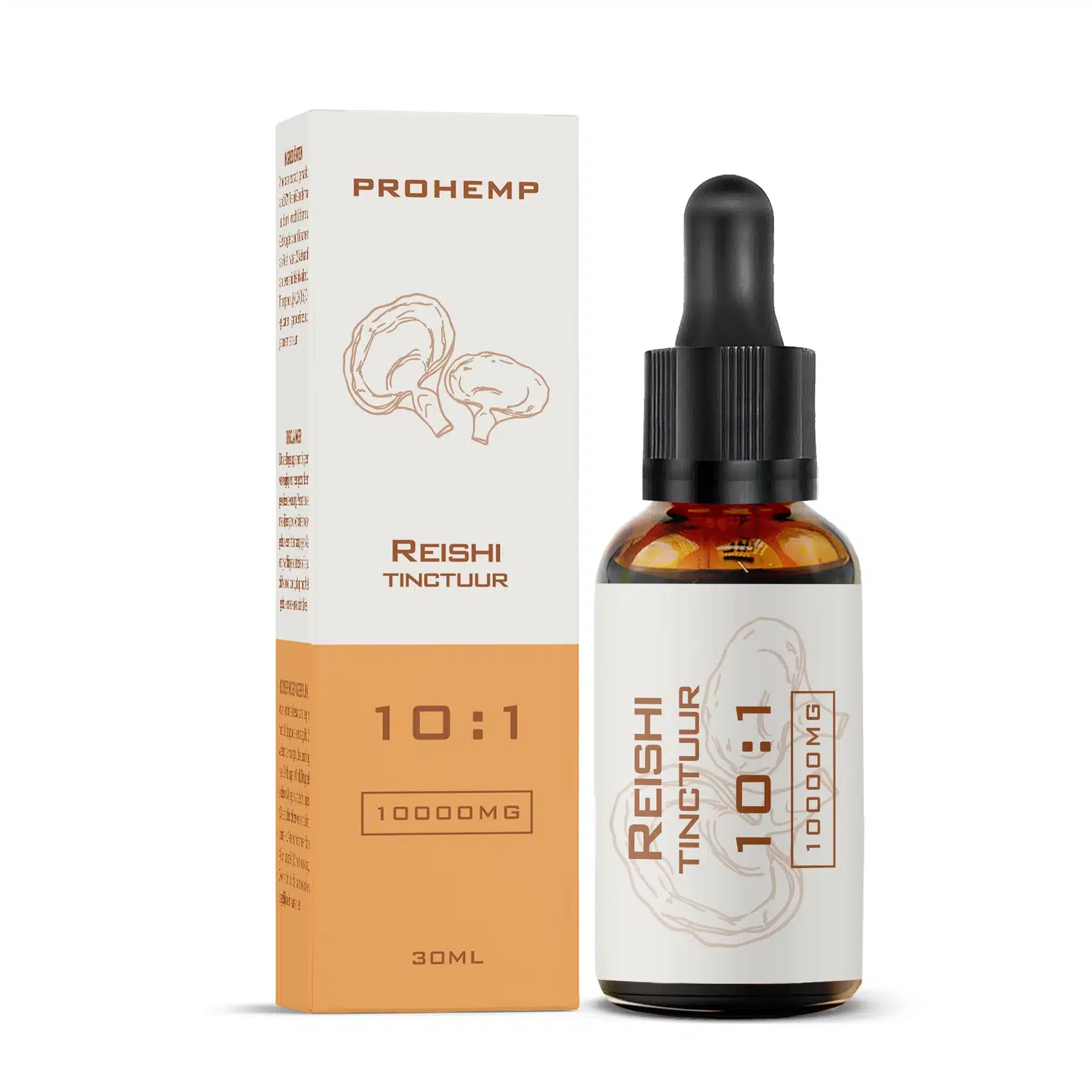
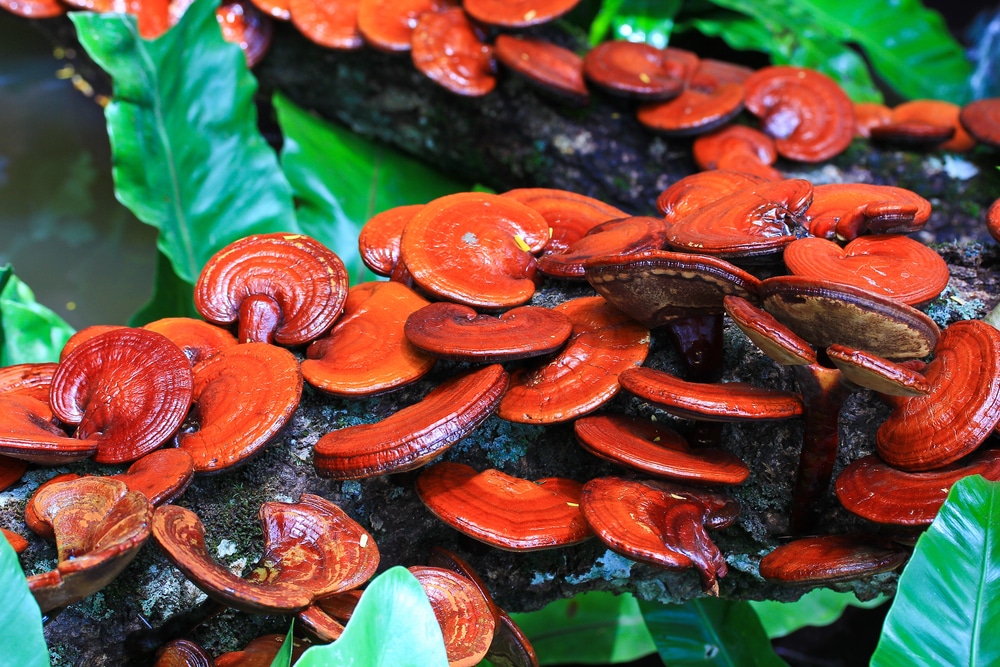
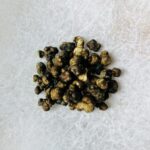
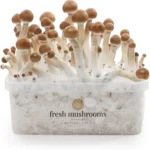
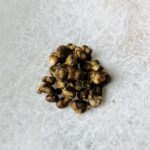
Reviews
There are no reviews yet.